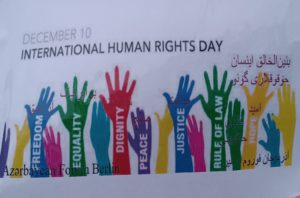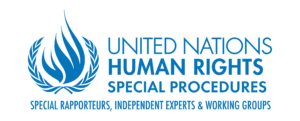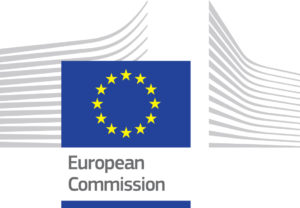 Since the outbreak of protests in Iran in September that have developed into a revolution against the political regime, protesters and those in solidarity with the protests have been persecuted and repressed with increasing use of police and military means. Among the fatalities of armed repression were many women and children. Now, at least 21 people are currently facing the death penalty, and the first executions have already been carried out. Amnesty International issued a detailed analysis about the cases.
Since the outbreak of protests in Iran in September that have developed into a revolution against the political regime, protesters and those in solidarity with the protests have been persecuted and repressed with increasing use of police and military means. Among the fatalities of armed repression were many women and children. Now, at least 21 people are currently facing the death penalty, and the first executions have already been carried out. Amnesty International issued a detailed analysis about the cases.
For weeks, a large group of Iranian theater makers has been trying to publish a manifesto in Iran and abroad. This attempt failed when a few days before the publication the Iranian secret service called some of the activists and threatened them with concrete references to individual passages of the text. The pressure meant that the joint manifesto could not be adopted, but some of the authors published parts of it on private social media sites. The result was interrogation and the confiscation of private cell phones and computers. To make a statement against these repressions and to support the protest movement, Soheila Golestani and Hamid Pourazari published a video on Instagram: a street performance in which all women appear without head coverings. The text for it says, among other things, that “the truth will come out and this performance will take place”. The day after the video was released, Soheila Golestani and Hamid Pourazari were arrested and have since been held in Tehran’s Evin Prison.
Update (December 12, 2022): The previously pasted Instagram post has been depublished.
DEATH PENALTY SOUGHT IN SHAM TRIALS Amnesty International Report / November 16



